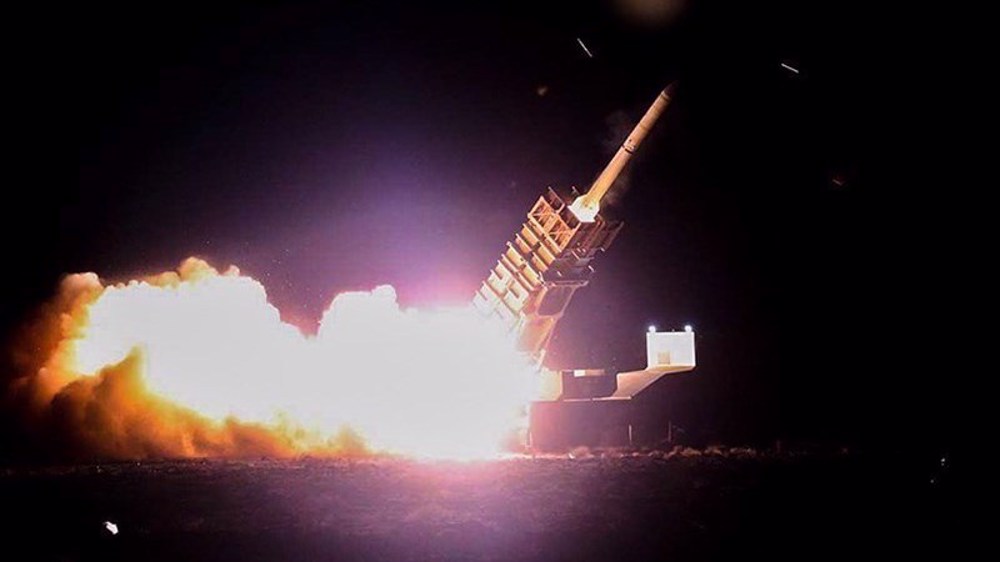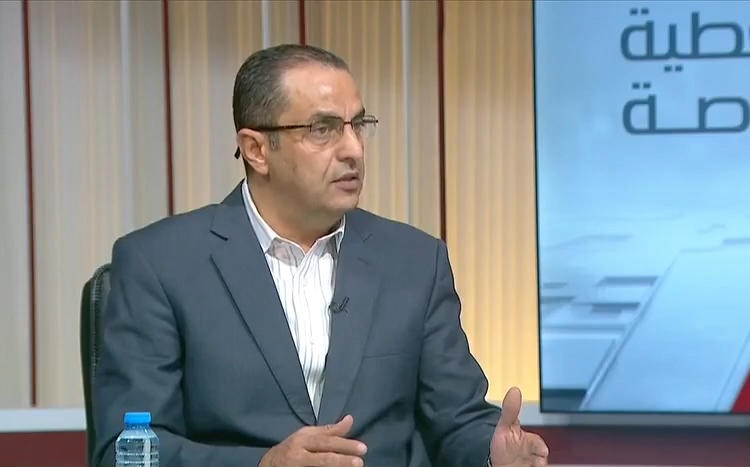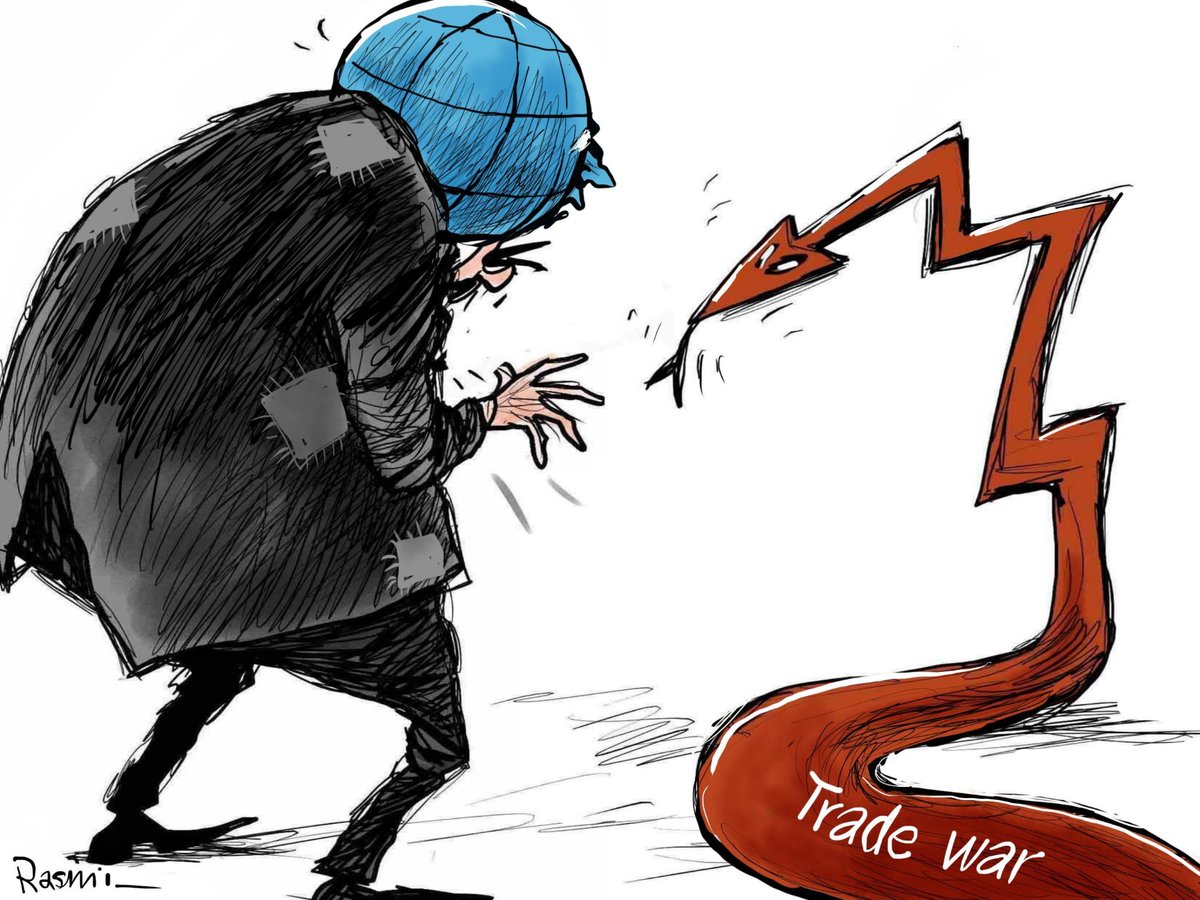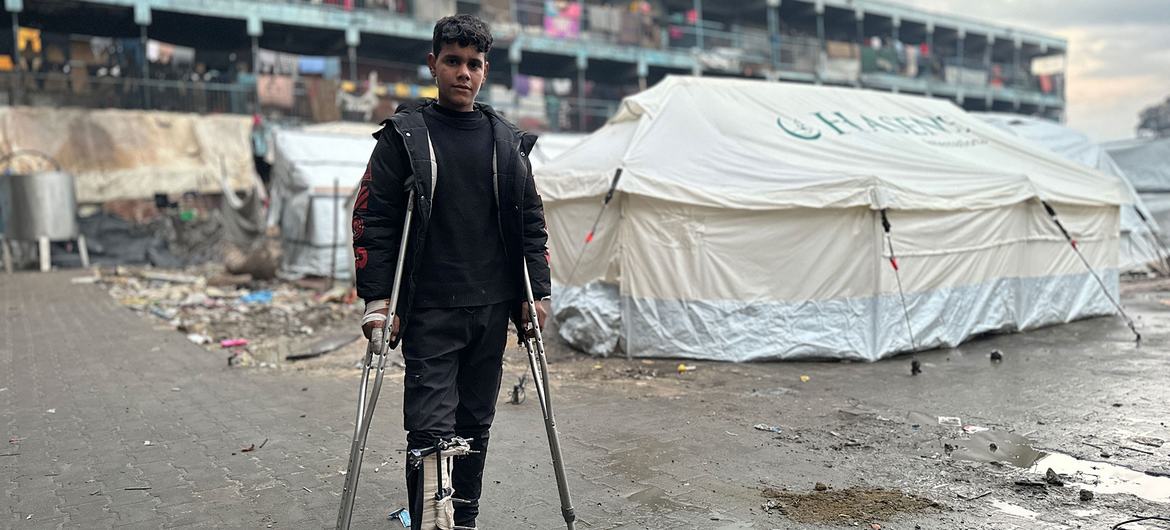Expert: Israeli Soldiers in State of ‘War Fatigue’
Military expert Brigadier-General Mohammed Al-Samadi said the killing of five Israeli soldiers in two separate incidents in the Gaza Strip confirms the resistance’s exploitation of the rubble and debris of houses to launch sniper operations against occupation soldiers.
Al-Samadi added Israel imposes a blackout and censorship on its real losses in Gaza, as the operations indicate they are much greater than what is announced, pointing out the morale of the soldiers has declined significantly, because they have come to realize the futility of the war they are fighting.
The military expert cited talk about reducing the periods of service of the occupation forces, saying it confirms attempts to reduce cases of evasion from conscription and perhaps complete abstention from service due to frustration and “war fatigue”.
According to Al-Samadi, the resistance does not need large numbers of fighters to launch its operations, while the occupation army needs entire battalions and brigades in order to continue the war.
He pointed out the danger of the Israeli soldiers’ reluctance to go to war “at this dangerous stage in the life of the state”, and said that it reflects a lack of faith in the political leadership and the usefulness of the war, in addition to the fact that last October was the bloodiest month in the ranks of the occupation army.
Reducing period of service
The Israeli occupation army decided to reduce the period of reserve service from an average of 20 weeks for each soldier to only 9 weeks after the unusual decrease in the number of applicants for service, according to Israeli media.
Israeli media revealed a significant decrease in the number of reserve soldiers joining the Israeli army as a result of the government pushing a bill that allows the continued exemption of religious Jews from military service, as well as due to fatigue.
Yedioth Ahronoth newspaper said that the army is concerned about a decrease of between 15% and 25% in reserve service, and explained that this feeling emerged in recent weeks in the combat brigades in the Gaza Strip, and on the northern front – during the war on Lebanon – stressing that it affects the army’s operational decisions according to Al Jazeera.







 Khabib asks Trump to stop the genocide in Gaza last night at UFC 302:
Khabib asks Trump to stop the genocide in Gaza last night at UFC 302:




